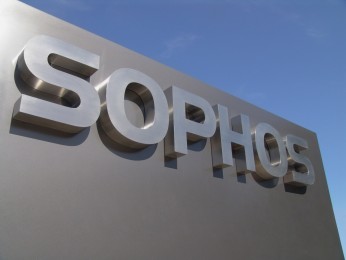 A group of key cybersecurity companies has allied to form a new open-source consortium to share key data.
A group of key cybersecurity companies has allied to form a new open-source consortium to share key data.
The announcement by a group of cybersecurity companies—including Splunk, Amazon Web Services, Cloudflare, CrowdStrike, Palo Alto Networks, Okta, Trend Micro, Tanium and Zscaler, among others—revealed the launch of a new consortium called the Open Cybersecurity Schema Framework (OCSF).
The cunning plan is to share product-normalising data in order to improve cybersecurity. All members of the cybersecurity community are invited to use and contribute to the OCSF.





 Logicalis has acquired Q Associates as part of a cunning plan to expand its Microsoft and data-centric IT service capabilities across the UK.
Logicalis has acquired Q Associates as part of a cunning plan to expand its Microsoft and data-centric IT service capabilities across the UK.












